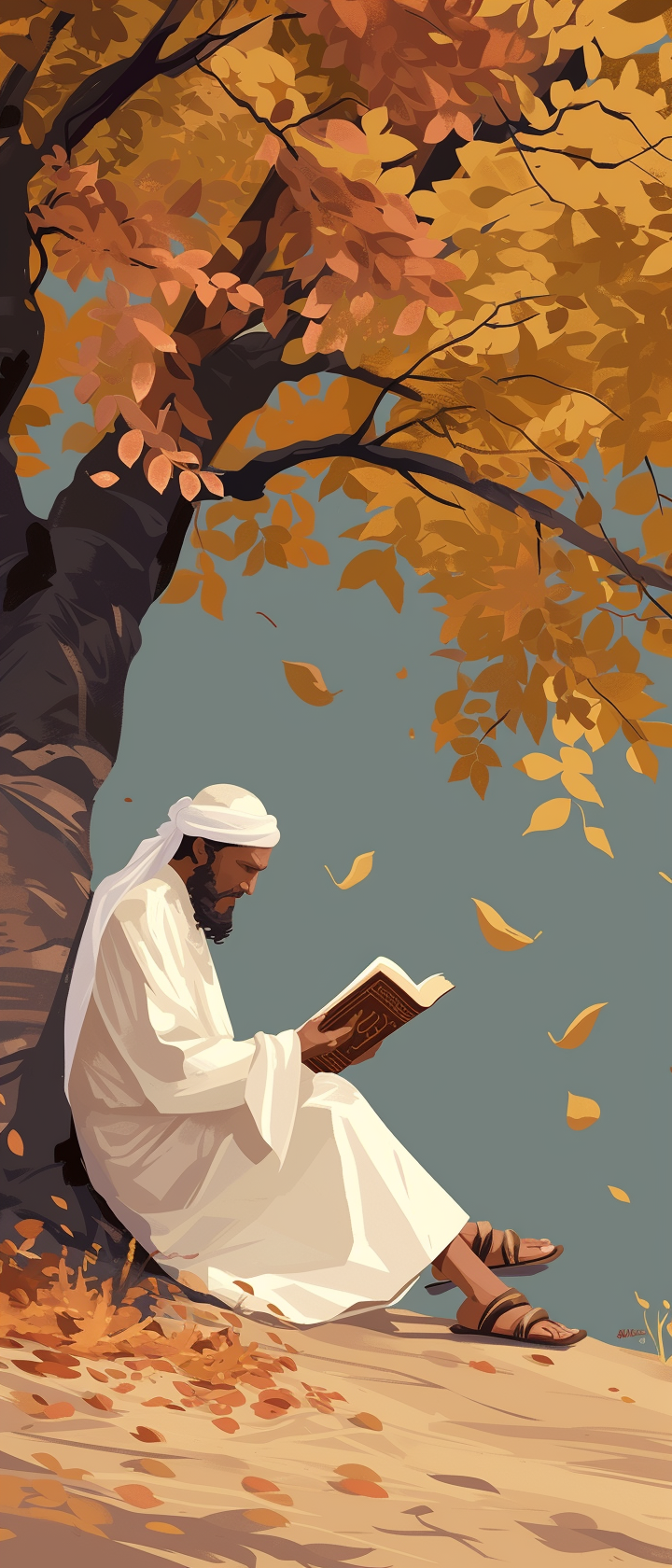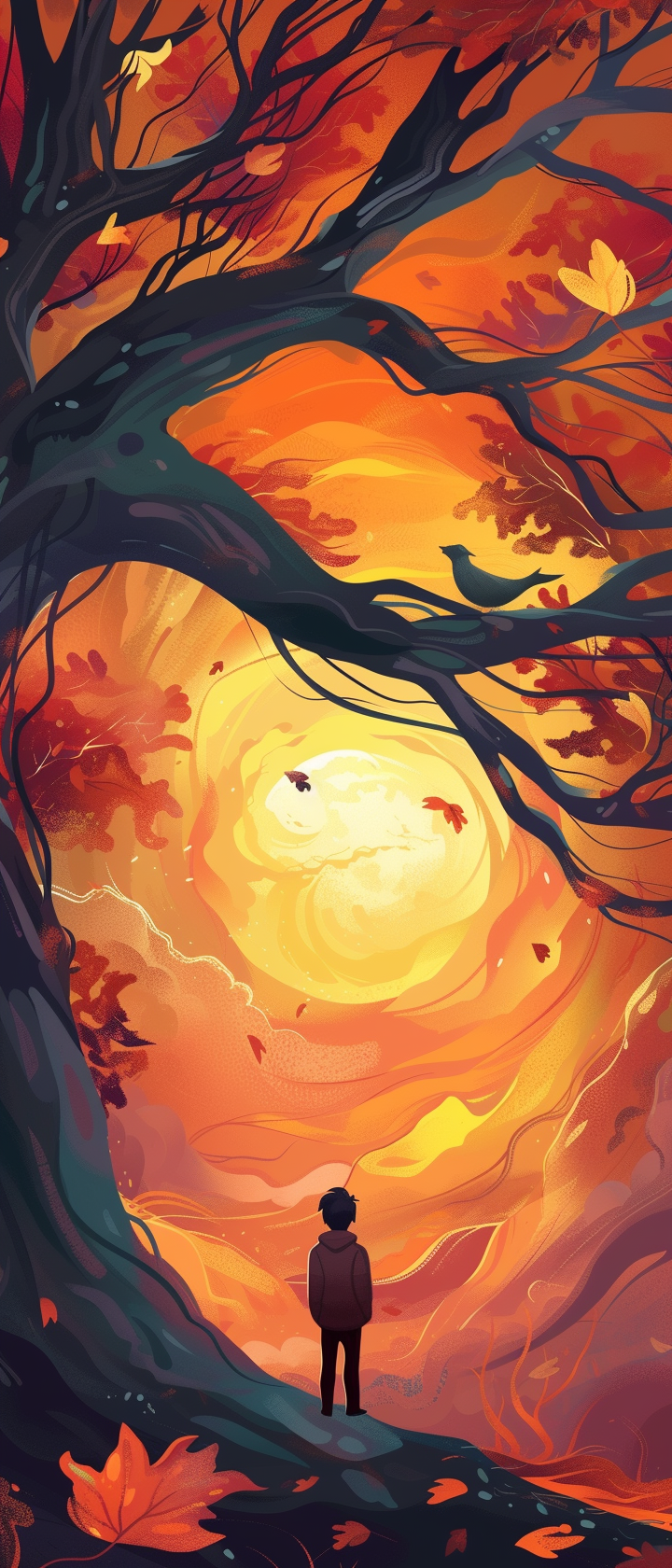Week 15: Empathy and Coping with Fear and Guilt

In Week 15, our focus centers on cultivating empathy, both for oneself and others who navigate the complex terrain of fear and guilt during their journey of religious deconstruction. We will engage in discussions about strategies for practicing self-compassion and fostering a deeper understanding of these challenging emotions.
Fear and guilt are common companions along the path of religious deconstruction. As you question, reevaluate, and redefine your beliefs, fear may arise from uncertainty about the future or concerns about judgment from others. Guilt, on the other hand, can stem from departing from long-held religious teachings or traditions.
Empathy toward oneself is a crucial first step in navigating these emotions. By acknowledging and validating your own fears and guilt, you open the door to self-compassion. Recognize that these emotions are part of your evolving journey, and they do not diminish your worth or integrity as an individual.
Self-compassion involves treating yourself with the same kindness and understanding that you would offer to a friend facing similar challenges. Embrace the idea that it’s okay to experience fear and guilt—it’s a natural part of growth and self-discovery. Through self-compassion, you can learn to release self-judgment and criticism, allowing room for acceptance and healing.
Additionally, fostering empathy for others on similar journeys is essential. Many individuals may be grappling with fear and guilt in silence. By extending empathy to those around you, you create a safe space for open dialogue and mutual understanding.
During this week, we encourage you to share your experiences with fear and guilt, as well as your strategies for coping and fostering empathy. By exploring these emotions with empathy and self-compassion, you can move towards healing, growth, and greater acceptance of yourself and others on their unique paths.
Journalling Questions for the Week
Reflect on moments when fear has arisen during your religious deconstruction journey. How has this fear affected your decision-making and emotional well-being?
Consider instances where guilt has played a role in your exploration of new beliefs or the absence of faith. How have you coped with guilt, and what strategies have you employed to foster self-compassion?
Share experiences of empathy you’ve received from others as you navigated fear and guilt. How did their understanding and support impact your journey?
Explore ways in which you’ve practiced self-compassion when facing fear and guilt. What techniques or perspectives have helped you release self-judgment and embrace self-acceptance?
Reflect on the importance of empathy in fostering open dialogue and understanding among individuals navigating religious deconstruction. How can empathy create a supportive and compassionate community?
Share personal insights and strategies for coping with fear and guilt, emphasizing the role of empathy and self-compassion in your journey. What lessons have you learned that may benefit others?
Summarize your overall experience during Week 15, highlighting any newfound insights into the significance of empathy, self-compassion, and understanding in coping with fear and guilt on the path of religious deconstruction.



